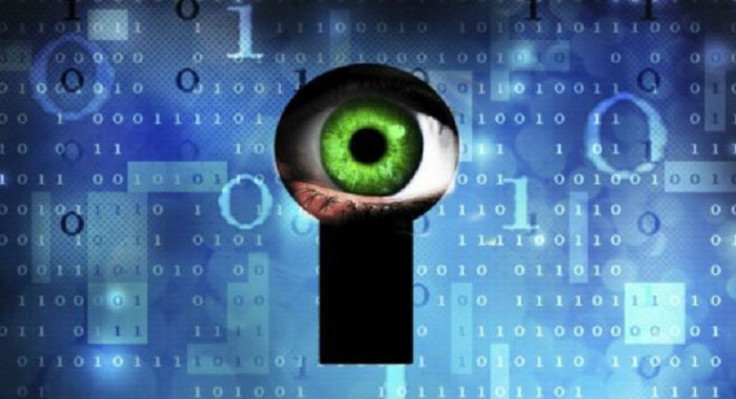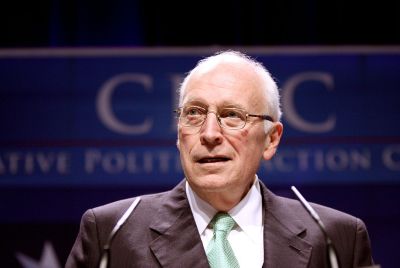Investigatory Powers Bill: Civil liberty advocates slam 'intrusive' Snooper's Charter

The Investigatory Powers Bill, set to be introduced by the UK government in November, has been heavily criticised by privacy advocates for giving MI5, MI6 and GCHQ the power to hack into people's smartphones. The so-called Snooper's Charter will allow intelligence agencies to access private photographs, documents and communications without the fear of legal repercussions.
The expected legislation will also allow intelligence agencies to take control of smartphones, tablets and computers in order to use the device's microphone or camera to conduct surveillance. Aimed at cracking down on criminals and terrorists, the bill will have "severe consequences" on the general public due to a potential lack of oversight, civil liberties groups warn.
"Hacking is highly intrusive and can have dangerous consequences," Jim Killock, executive director of Open Rights Group, said in an emailed statement to IBTimes UK. "Hacking relies on the exploitation of computer insecurities which can potentially be exploited by criminals, putting us all at risk.
"The security agencies hack into the devices of people who are not suspected of any crime in order to reach those who are. This can have severe consequences as we saw in the cases of Belgacom and Gemalto, with enormous clean-up costs being imposed on those businesses. While powers to hack may sometimes be justified, this is an area where agencies are subject to nearly no oversight and rely on ministers to decide whether their operations are justified or not."
The Investigatory Powers Bill builds upon the Intelligence Services Act, which was introduced in 1994 to allow intelligence agencies to access "property" if granted a warrant by the home secretary. A report by an independent reviewer of terrorism legislation earlier this year found that the existing legislation was not clear about electronic devices.
David Anderson, QC, said in the report: "The opportunity now exists to take a system characterised by confusion, suspicion and incessant legal challenge, and transform it into a world-class framework for the regulation of strong and vital powers. I hope that opportunity will be taken."
© Copyright IBTimes 2025. All rights reserved.






















